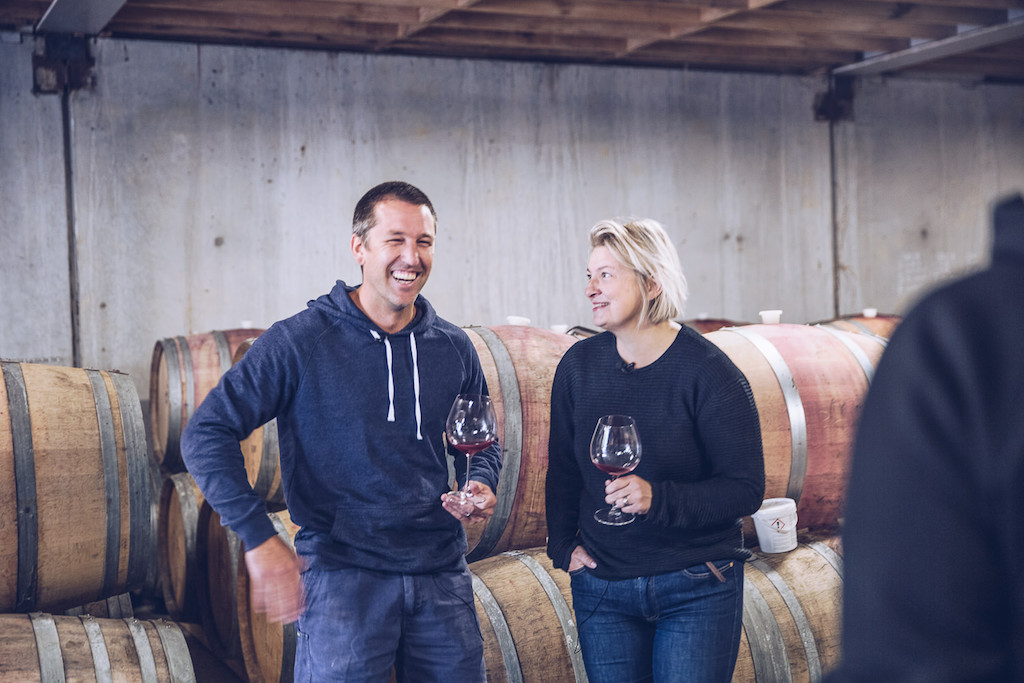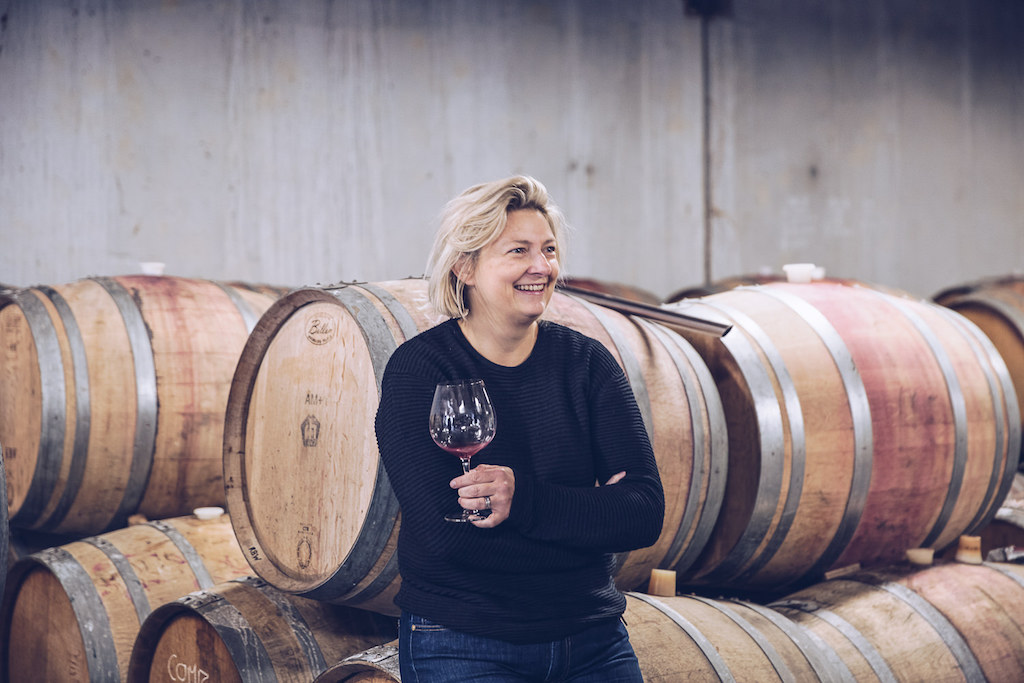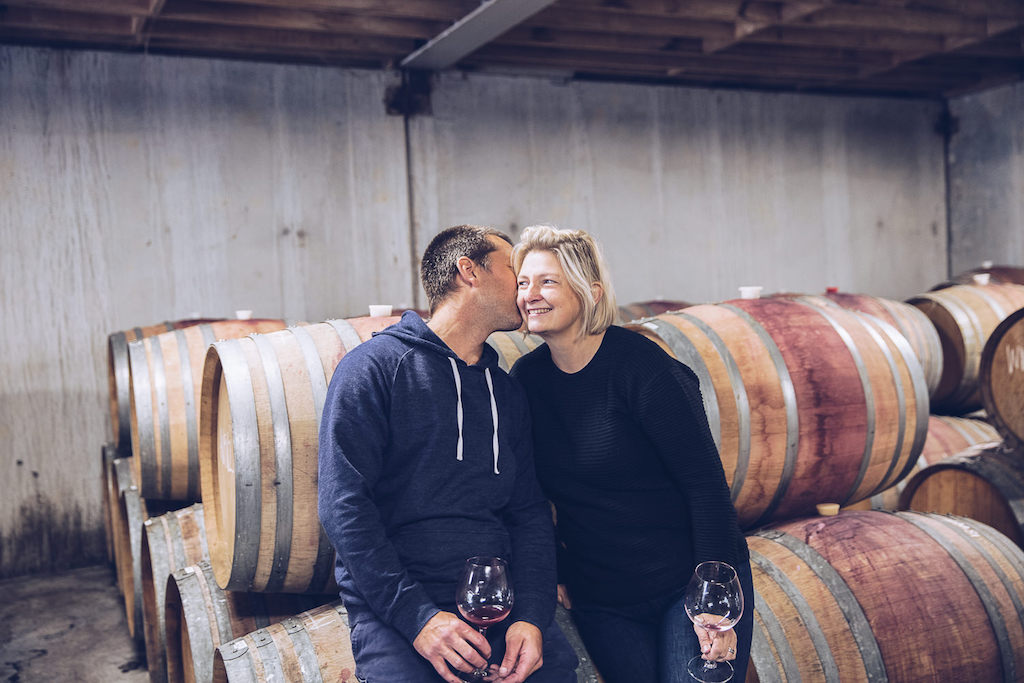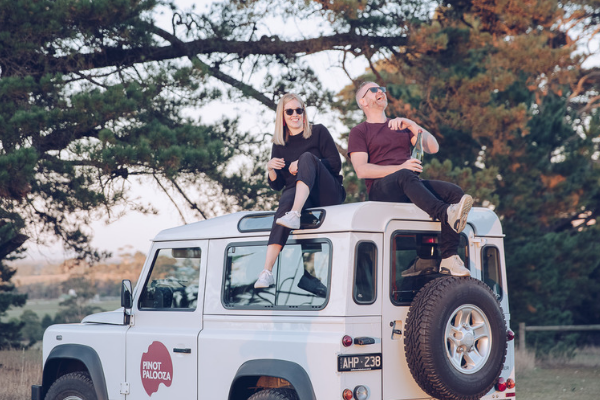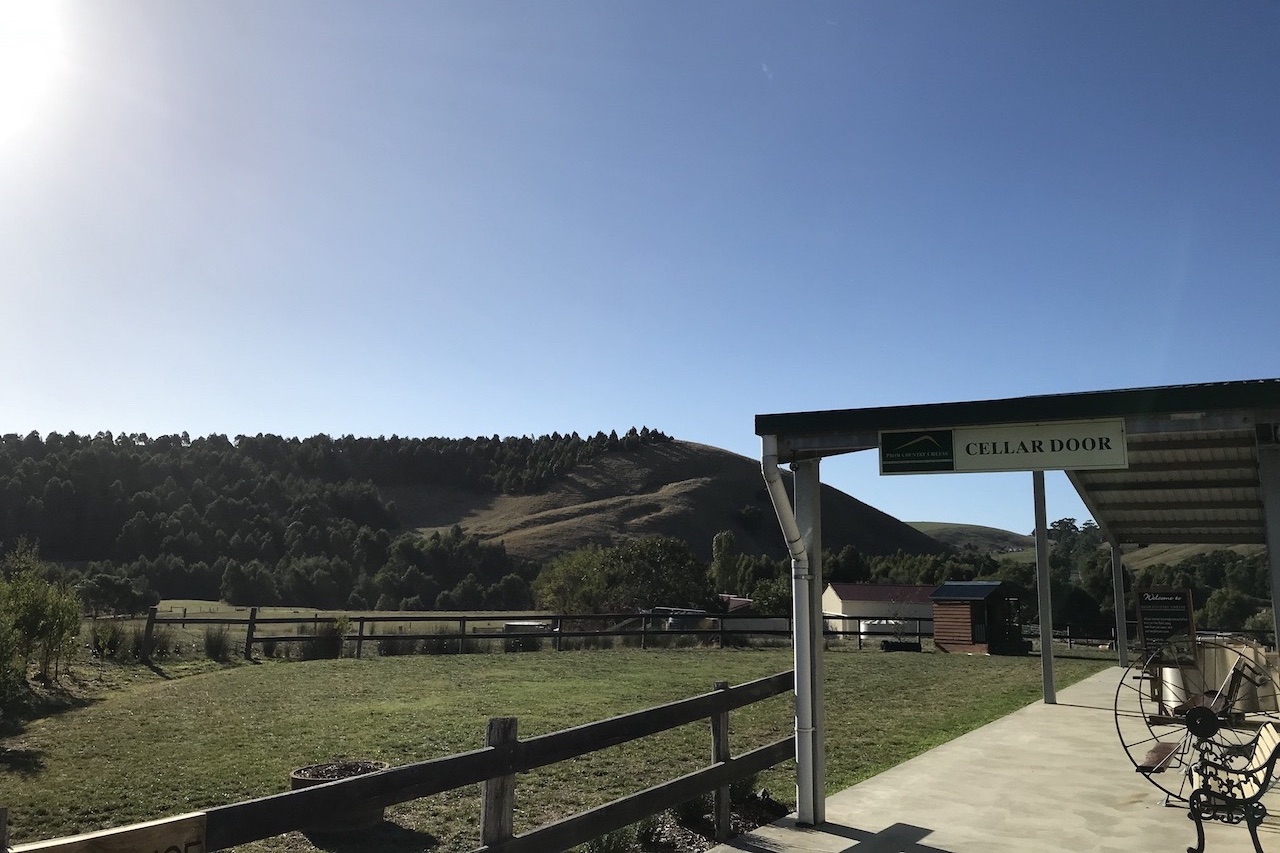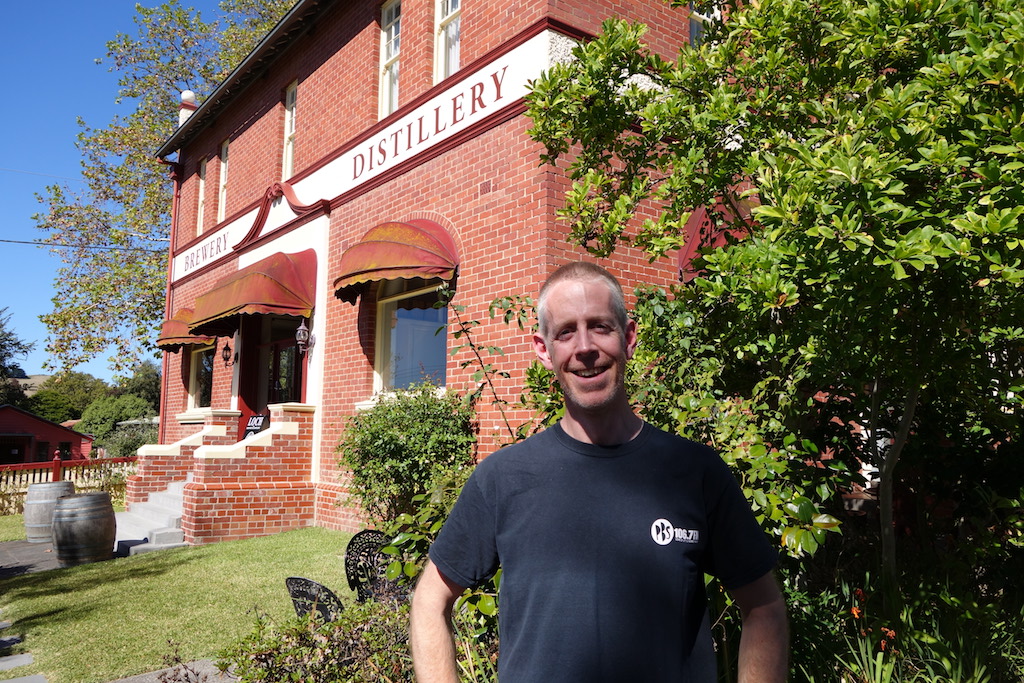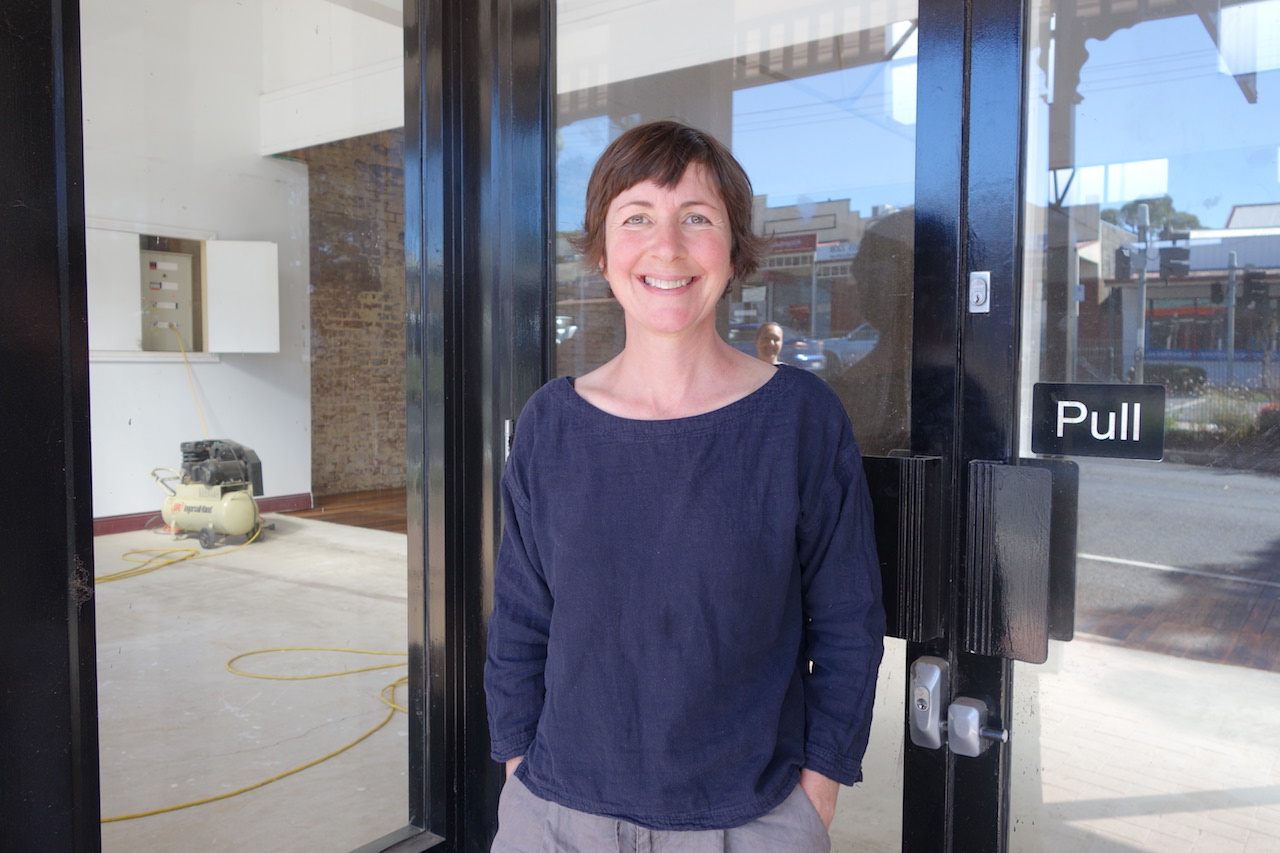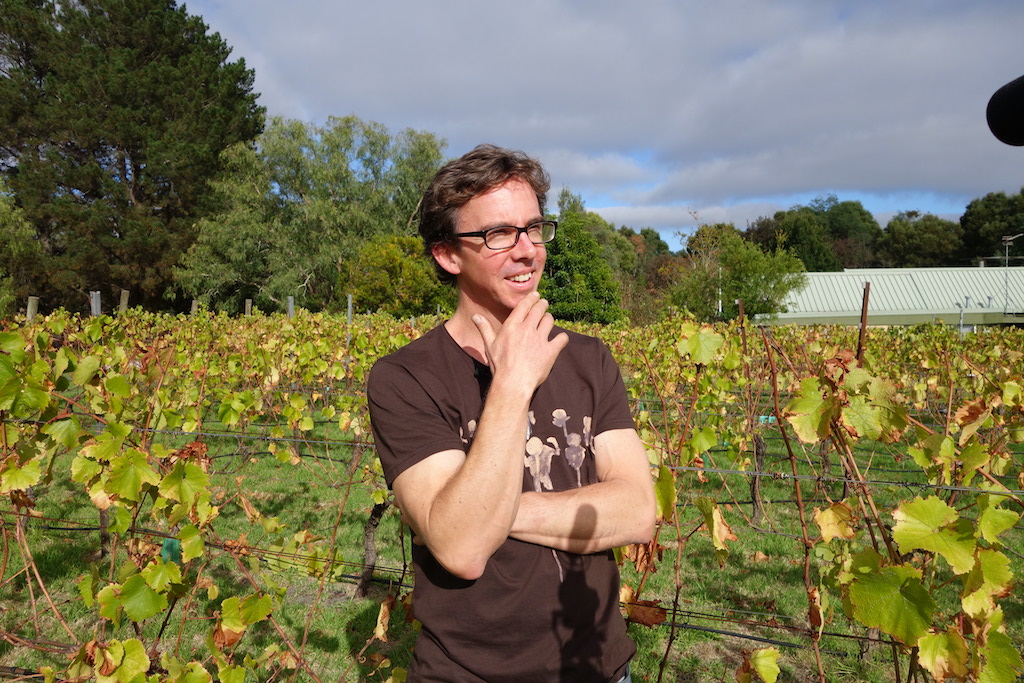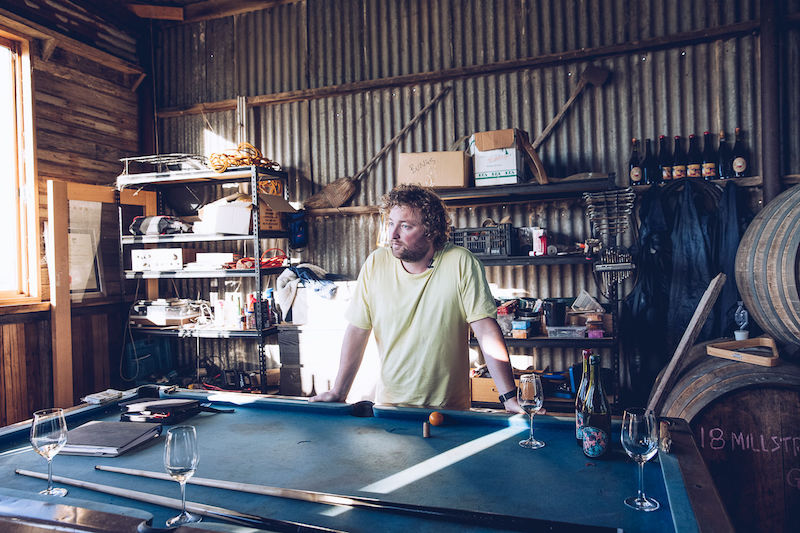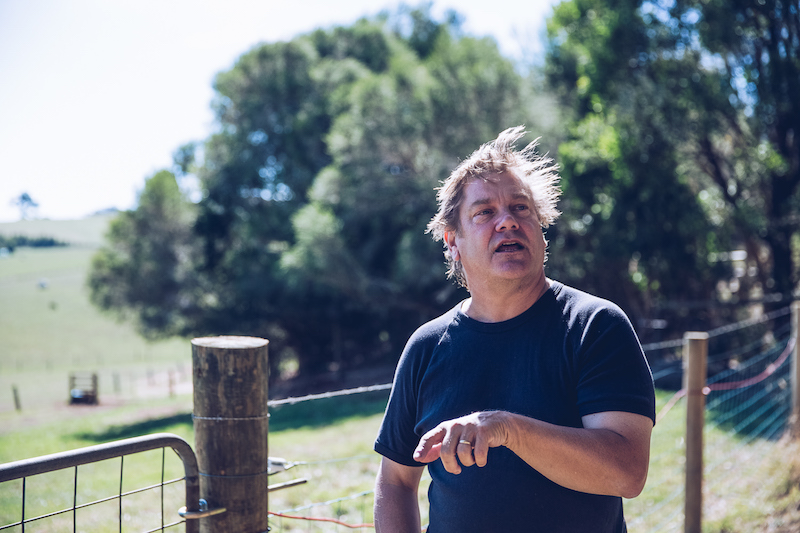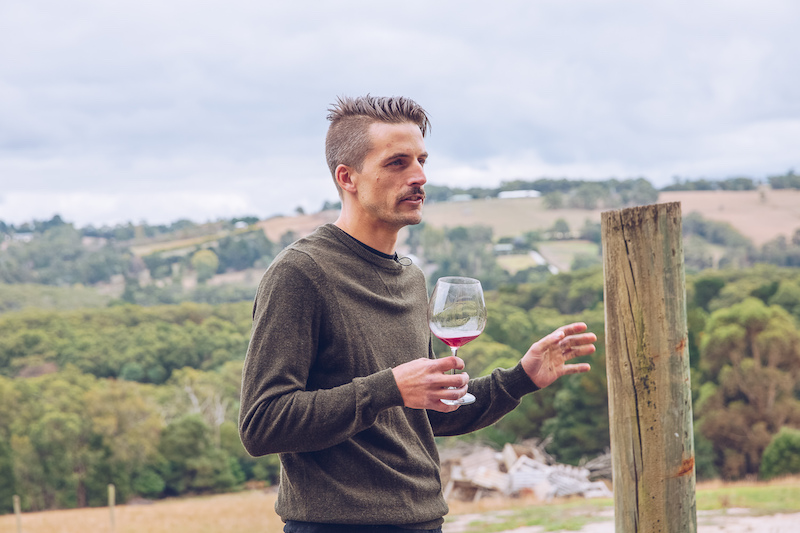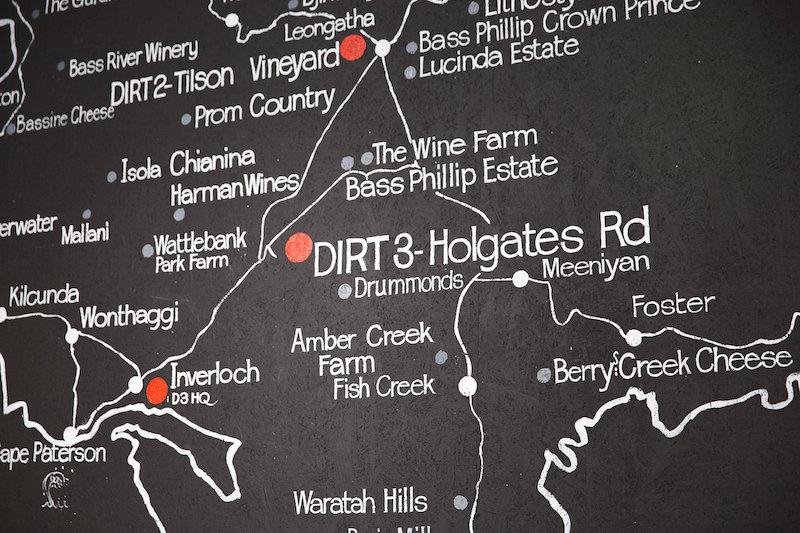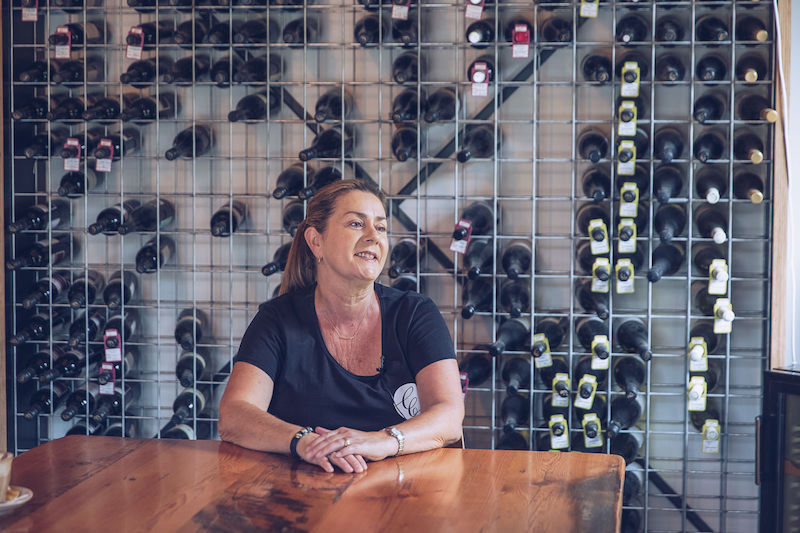So what is it about Gippsland that makes it so special or unique, do you think?
Justin: I think it is a really unique place because it manages to be lots of things to lots of different people all at once. And I’m talking a little bit about South Gippsland here, in that there’s proximity to Melbourne and culture. And Kasper and I were talking earlier about how culture is becoming embedded in Gippsland. You see this in West Gippsland, in Warragul. Food culture is becoming really, really strong.
There are food businesses like Grow Lightly, and the Baw Baw Food Hub. Feast on East, which are three really important food grower networks that have happened in Gippsland. So I guess, you know, it manages to have this really great natural element of beaches and hills and sort of that rugged side of it, but also has quite strong cultural roots developing as well.
And I think connection to land is strong, for me. That’s a thing when I used to live in Melbourne and drive home, I’d always kind of feel a sigh of relief, you know, at certain points. There were like points on the highway that, when you get past Cranbourne, suddenly you’d be like we’re nearly there, we’re nearly there. And then you’d get to the South Gippsland highway, Bass Highway intersection, and you’d go, which way am I going to go today? And you can start to plan your journey based on how you feel.
Like, do I want to do a surf check and go by Kilcunda? Or do I want to, for me, be nostalgic and go through the hills and turn off at Loch? Sometimes, not as much as I should, it’s go, turn off at Loch, and go through the hills and stop at Prom Country Cheese, and grab some cheese on the way home or do that sort of thing. Or stop for a coffee in Loch on the way; it’s a really good sort of entrance point, I suppose, for Gippsland.
What’s the one thing that you suggest people should do when they visit Gippsland? What’s the one thing you absolutely have to do?
Lisa: This is the thing it’s a hard question. There is such diversity, and it really does depend on where you’re headed. I think probably a really special part of Gippsland would be Wilson’s Prom. And you can sort of zigzag your way to get there as well, but you capture some of the hills. The hills are seriously breathtaking, and I know you’ve stayed in an area where you’re just looking out over that thing, but I still catch my breath as I’m driving through some of those hills at just how spectacular the views are.
I guess – we live right at the water, so getting into the ocean is a big thing. For me, on that drive home,it’s at the point where you’re coming into Kilcunda, and it’s quite rocky and cliffs sort of heading all the way down to some pretty big waves at times.
You get the first glimpse of the ocean. And it just makes you smile.
Justin: As you’re driving down the Bass Highway, and there’s Western Port Bay on your right, which is a pretty still and static environment to coming over the hills at Kilcunda and going, whoa, that’s a big beach. This is amazing.
Can you remember your first time with Pinot?
Justin: Together? Yep, worked together in a restaurant. Up all night. This is a bit of a kind of meeting story going on here. Up all night, yeah, should we…About to go back to work, okay.
Lisa: You could just say we were just hanging out, listening to music.
Justin: It was 6 o’clock in the morning. Let’s go home and have a bottle of wine. Lisa pulls out a, probably a 2004 Block 5 Bindi. And I think I probably said, “So, what’s Pinot?”
And the second bottle of Pinot that we drank together was the next bottle of wine we drank together, was a Burgundy.
Lisa: And I was working at the Prince Wine Store at the time, and it’s a producer that they used to bring in; Nicolas Potel. A Gevrey
Justin: And my first question was, “So, what’s Burgundy?” And you know, it’s basically Lisa ate the dinner that we were sitting down together with, and I didn’t eat any dinner, and basically spent the whole time asking questions about, so how long is Burgundy, how wide? And how does it work? And Lis looked at me and said, “Um is everything okay with dinner?”
Lisa: I know! I was like, he’s not eating! I’m totally just like, what is wrong with what I’ve cooked?!
Justin: So anyway, there were two really kind of formative experiences with Burgundy.
Lisa: I’d probably had a little bit more experience with wine, before we met, so I’d tasted and was surrounded by wine in restaurants when I was cheffing, but didn’t know a lot. But. worked in some places where there was pretty heavy hitting wine lists, so had an awareness about it, but it really didn’t start for me until I came back from living in the UK and started working as front of house instead of in the kitchen, and immersed myself in it. Started studying about wine. Got into a few scholarships and things like that, so all of that progressed me along the way.
What it is about Pinot that gets people going psycho? What do you think it is?
Lisa: There’s such diversity. I was thinking about this, just in terms of with other grape varieties, there is diversity. But I think with Pinot, there’s a spectrum and it can vary quite rapidly depending on where it’s grown and who’s making it. And that’s what keeps me interested.
Justin: And I think also- and this sounds a little bit cliché or a little bit romantic or something- but it’s a great variety that’s head and heart at the same time, because there’s this emotional response to Pinot, right? But there’s so much to think about and see, and it changes. And it is beguiling and hard to understand. And this is the first year that we’ve made pinot, and you know, there’s probably not been a great variety that I’ve spent more time thinking, okay, how are we going to do this? What’s the best way to get…What’s the fruit kind of saying? And what’s going to be the best result for this fruit.
Lisa: But I just love it as well because it’s not boring.
With that diversity comes interest, and if you feel like a heavier Pinot, you can have. Or there’s just a load of different wines that you can drink that just seem the same.
There is no conformity. And Pinot is not like that at all.
If Pinot is a music artist, who would they be?
Lisa: How can you pick that? Because it’s so different. Well, okay. I am not going to pick an artist, because I think that is actually just too narrow!
But I would say soulful…I know, I am choosing more than one. But maybe funk.
So what do you listen to during vintage? When you’re making wine, what do you listen to?
Justin: I’ve been listening to Dance Hall, actually. (Laughter) Really good soul jazz records compilation. And also this Kiwi band that Kasper put me onto called Little Bushmen that is also really cool. Little bit psychedelic and kind of this whole soul, sincere, deep, meaningful heart thing that kind of goes off into freakout land and guitar solo territory. Yeah.
Dan Sims: I love it that question because we’d had some weird shit, and we’ve gone from musical theater to Bowie but we’ve never had Dance Hall.
Justin: Never had Yellowman!
Well, I actually thought David Bowie is someone who does kind of, yeah, deep, heartfelt, sincere soul and Thin White Duke. Do you know what I mean? It’s a whole…If there was ever someone that was so diverse and such a chameleon in what they do, which is what Pinot can be, right? It can kind of change how it expresses itself so easily and so often. It would be David Bowie.
Because David Bowie can do soul, he can do rock and roll, he can kind of do tortured artist strumming a guitar, singing about space. I don’t know.
Am I drawing a long bow here?
Lisa: No, no, no, I agree. But if you’re meaning, what do you want to make? Pinot to, so music that gets you pumped up, probably the Hot 8 Brass Band would be a bit of a fun like, let’s get this going.
Where do you Pinot?
Justin: Pinot on the beach, Pinot on the hill, Pinot outside in a spot.
With a Gippsland view. We Pinot on a hill that we don’t own yet. On a hill where we’re going to plant a vineyard, sitting there with the pinot, going shit, we’re going to do it, you know?
That’s it. Pinot’s a state of mind!


